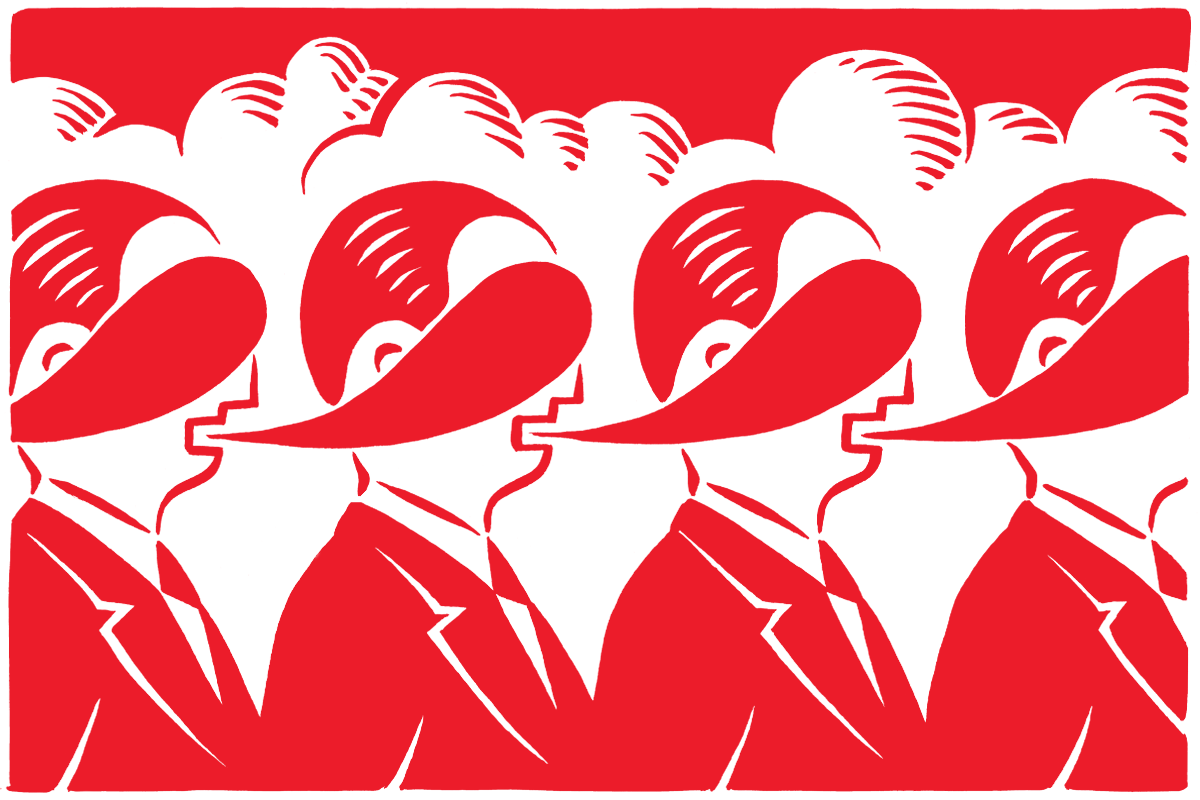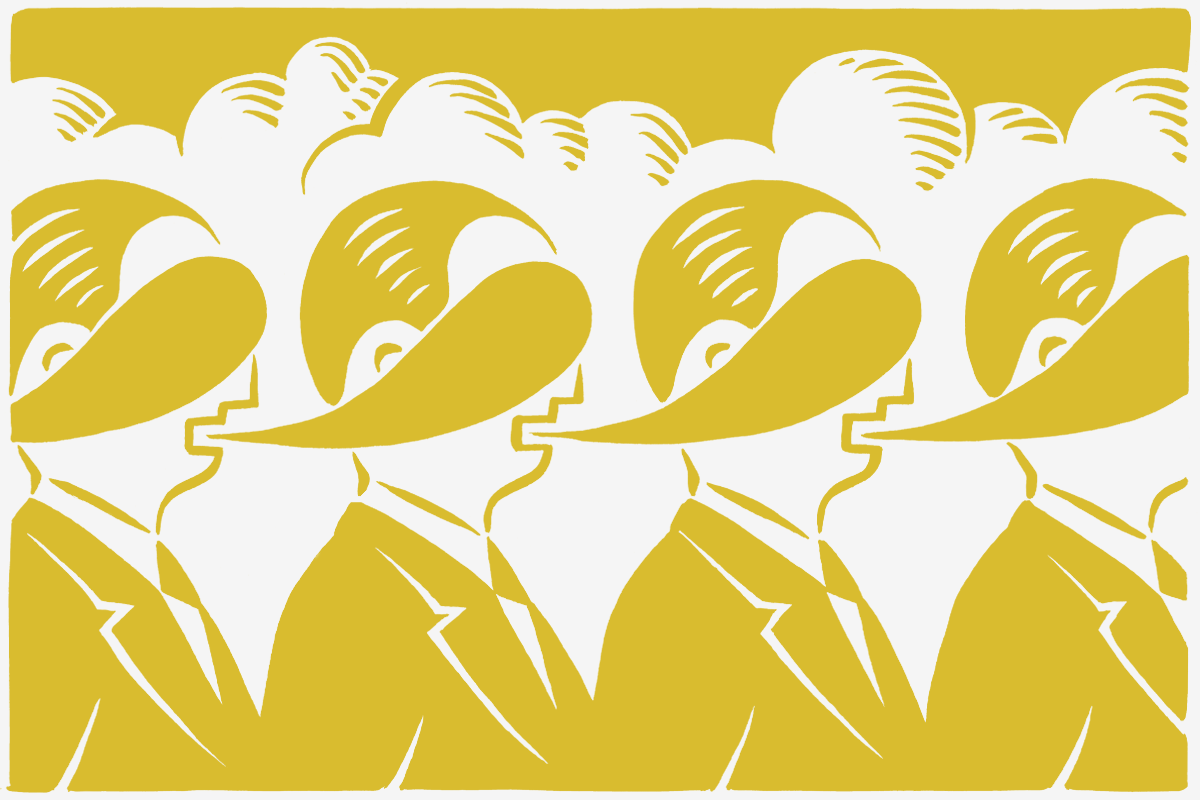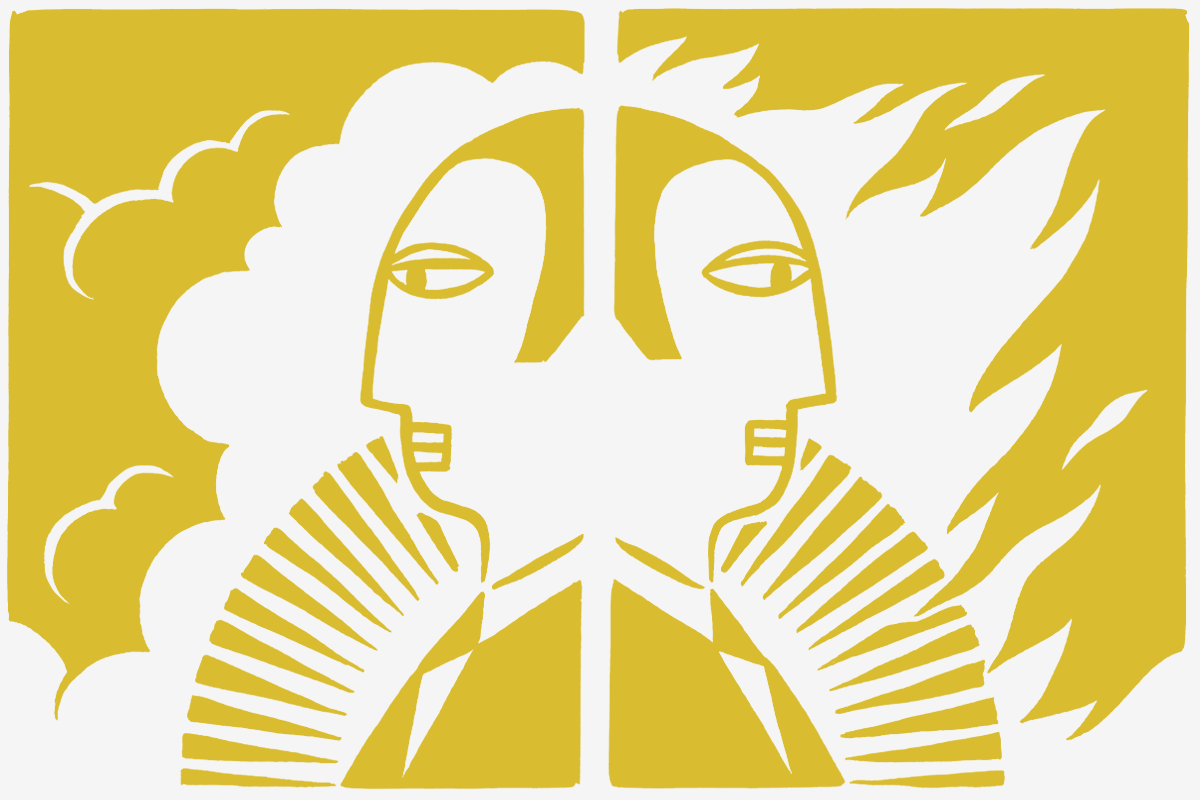
Lies and the Law
A series of public conversations and publications exploring what the law can and should do about the problem of lies and deception in the contemporary mass public sphere
The pervasiveness of lies and misinformation in public discourse in the United States, and the political and cultural power that this kind of speech can possess raise all sorts of questions about the health of U.S. democracy, about the limits of human reason, and about the role that shared beliefs play in the creation of collective identity. But it also raises important questions about the meaning of freedom of speech. One of the foundational assumptions of modern First Amendment law is that the best remedy for harmful speech—including harmfully false or misleading speech—is more speech. Does this assumption hold, given our contemporary, fragmented, highly polarized mass public sphere? And if it doesn’t, what can we do about it? More precisely, what can the law do about it? Are there cures here that would not be worse than the disease?
These are the questions that the Knight Institute examined under the direction of its 2021-2022 Senior Visiting Research Scholar Genevieve Lakier. Through a series of public conversations, publications, and a major symposium we explored what the law can and should do about the problem of lies and deception in the contemporary mass public sphere.
Read the Lies and the Law blog.
Learn more about the Lies and the Law event series.
Watch: The making of the Lies and the Law art series with Piotr Szyhalski.
Featured

Lies and the Law: An Introduction
Exploring how the law regulates or should regulate false and misleading speech
By Genevieve LakierEssays and Scholarship
-
Anonymity, Identity, and Lies
Contrary to assumptions about user identification in online contexts, anonymity can often be part of a healthy digital public sphere.
By Artur Pericles Lima Monteiro -
Lies and the Law: An Introduction
Exploring how the law regulates or should regulate false and misleading speech
By Genevieve Lakier -
Government Counterspeech
What leeway the government should enjoy to engage in counterspeech to combat misinformation or promote truthful discourse
By Jamal Greene -
Investigative Deception Across Social Contexts
Why intentional lies used to conduct undercover investigations are celebrated in some contexts and criminalized in others
By Alan K. Chen -
What’s the Harm?
An interrogation of the societal impact of conspiracy theories and potential remedies
By Adam M. Enders & Joseph Uscinski -
Protecting Public Knowledge Producers
Exploring the nature and value of government knowledge producers in our constitutional order and the legal, cultural, and political threats that they face
By Heidi Kitrosser -
Weaponized from the Beginning
A century-old specter of propaganda and lies distorting the public sphere is raised as intermediary institutions that manage unregulated speech are undermined
By John Fabian Witt -
Presuming Trustworthiness
How the Supreme Court has abandoned once-positive assumptions about press speech, even while embracing the trustworthiness of other speakers, and what it might mean for democracy
By RonNell Andersen Jones & Sonja R. West -
Fake News, Lies, and Other Familiar Problems
A guide to thinking about the best way to navigate the contemporary crises of the American public sphere
By Sam Lebovic -
Distrust, Negative First Amendment Theory, and the Regulation of Lies
Why the reflexive deployment of negative theory, which increasingly dominates the contemporary Supreme Court’s approach to Free Speech Clause problems, has its costs
By Helen Norton -
Epistemic Disagreement, Institutional Analysis, and the First Amendment Status of Lies
When calls for regulating lies collide with free expression values
By Mark Tushnet -
Democracy Harms and the First Amendment
How to regulate lies that cause constitutionally “cognizable” harms to the structural interests of constitutional democracy
By Deborah Pearlstein
Institute Update
Deep Dive
-
Past as Prologue: Lies in Historical Context
Institute publishes second set of essays from “Lies, Free Speech, and the Law” symposium
By Katy Glenn Bass -
Knight Institute Publishes First Essays from “Lies, Free Speech, and the Law” Symposium
Authors look at legal status of different categories of false speech in public discourse
By Katy Glenn Bass -
Symposium Suggests Large-Scale Societal Changes Are Needed to Lessen Impact of Harmful Lies
By A. Adam GlennInstitute’s “Lies, Free Speech, and the Law” event featured research from a diverse range of scholars on how to address the problem of falsehoods
-
Are We Climbing in or out of the Hole?
Artist Piotr Szyhalski on the making of the “Lies and the Law” series
By Kushal Dev
















